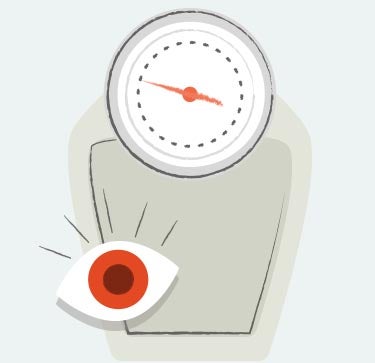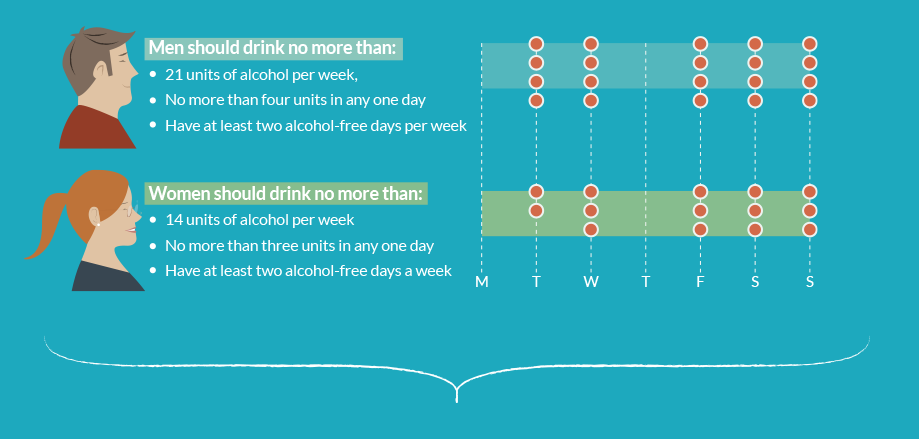10 practical tips and foods for healthy eyes
Less than a quarter of us go for regular check-ups
.jpg)
Your support helps us to tell the story
From reproductive rights to climate change to Big Tech, The Independent is on the ground when the story is developing. Whether it's investigating the financials of Elon Musk's pro-Trump PAC or producing our latest documentary, 'The A Word', which shines a light on the American women fighting for reproductive rights, we know how important it is to parse out the facts from the messaging.
At such a critical moment in US history, we need reporters on the ground. Your donation allows us to keep sending journalists to speak to both sides of the story.
The Independent is trusted by Americans across the entire political spectrum. And unlike many other quality news outlets, we choose not to lock Americans out of our reporting and analysis with paywalls. We believe quality journalism should be available to everyone, paid for by those who can afford it.
Your support makes all the difference.Our eyesight is vital to our daily lives, and yet many often neglect taking care of it. Everyone should have regular optician reviews, regardless of whether you are experiencing symptoms or not. In the UK, millions of people complain of suffering from dry eyes, deteriorating eyesight and other discomforts yet only 22.4% have regular check-ups.
Missing your eye tests means many eye conditions go unnoticed outside of the examination room. There are several small ways you can alter your lifestyle to help maintain bright healthy eyes:
Know your family history
Being aware of any hereditary conditions is crucial in understanding the long-term health of your eyes. Knowing that a specific condition runs in your family can help you take the necessary steps early on to prevent the ailment from deteriorating badly in the future.
Did you know that almost a third of people are unaware that Glaucoma runs in their family? Knowing if you have genetic conditions such as Type 2 Diabetes, Astigmatism or Myopia, can protect the future health of your eye health. A more critical hereditary disease is Macular Degeneration, which is the major cause of blindness in the UK.
Keep an eye on your waistline

Being overweight can also impact the health of your eyes even if you aren’t experiencing any symptoms or discomfort. The eyes are the only body part where bare nerves and arteries can be seen without cutting the skin. Your eyes can expose tell-tale symptoms of cardiovascular disease, diabetes, or diabetic retinopathy, all of which can be caused by being overweight. Other conditions that have been linked to obesity are Cataracts, Idiopathic Intracranial Hypertension (IIH), Thyroid Eye Disease (TED) and Exophthalmos.
Eat well
Healthy eating is essential for healthy eyes. For example foods rich in lutein, a vitamin found in leafy greens such as kale, are thought to help delay the onset of AMD and Cataracts. Omega-3 is believed to help reduce your tendency of getting dry eyes and maintain healthier eyes into old age. Oily fish like mackerel, tuna and salmon are the best food sources for high levels of Omega-3. Zinc can help promote better vision and can be found in foods such as cheese, milk and poultry.
Be active
Frequent exercise is essential in maintaining a healthy BMI, which helps fight against cardiovascular disease and diabetes, but it is also important for keeping your eyes healthy. Studies have shown a link between a sedentary lifestyle and an increased risk of Glaucoma. Research at the University of Wisconsin paper revealed people who exercise regularly are 70% less likely to develop a degenerative eye disease such as Age-Related Macular Degeneration (AMD).
Quit smoking
Studies show that only 15% of smokers are concerned about the impact of smoking on their eye health, and yet smoking can have serious implications. Studies have shown a strong link between smoking and the development of both AMD and Cataracts. In fact smokers are four times more likely to develop AMD and smoking even impairs the effectiveness of AMD treatment. In addition to this a smoker’s risk of developing cataracts goes hand in hand with the number of cigarettes smoked - those who smoke heavily are likely to develop more severe cataracts.
Watch your alcohol units

Drinking in moderation is strongly advised to maintain good overall health. The three factors of poor diet, smoking and alcohol abuse can lead to a toxic, progressive optic neuropathy (optic atrophy) which can cause visual impairment and damage to the optic nerve cells. This damage leaves colours appearing washed in the affected eye, or in severe cases, a loss of vision. It is advised that men drink no more than 21 units of alcohol per week and no more than 4 units in one day. The recommended alcohol intake for women is no more than 14 units per week and 3 units in one day.
Be careful of harmful sun rays
Overexposure to ultraviolet (UV) light for prolonged periods can seriously damage your eyes and in some cases is responsible for causing retinal burning and even blindness. UV light is known to increase risk of AMD and Cataracts. It is imperative that on bright days sunglasses are worn. If you are feeling discomfort from sun’s rays this may be a sign that your eyes are being damaged. UV levels are at their highest between 10am-2pm so plan accordingly. When buying sunglasses it is advised that you look for sunglasses with the CE standard mark, which is the European standard for safe levels of UV protection, and the British standard mark (BSEN 1836:1997). But this doesn’t just apply to warm weather; UV rays can be just as harmful in cold climates with heavy snowfall. Snow reflects up to 80% of the sun’s natural UV light, which can cause snow blindness. Therefore remember your sunglasses in hot and cold weather.
Eye care in the workplace
We spend the majority of our time at work and yet this is when we most neglect our eyes. If you work in front of a computer, the 2002 Health and Safety Act requires your employer to provide free eye tests. If you need glasses for reading a computer screen your employer is also obliged to supply these. Your screen should be positioned 20 to 24 inches from your eyes with the centre of the screen 10-15 degrees below line of sight. Remember to take breaks away from the screen with the 20/20/20 rule: look at something 20 feet away for 20 seconds every 20 minutes to reduce eye strain.
Entertainment at home
If video games and watching TV are your ways of relaxing relax, take breaks and remember the 20/20/20 rule. If you are experiencing blurred vision, double vision, eye irritation, headaches, or neck/back pain, you should rest your eyes. These symptoms are not serious and should recover after a break from the screen.
Your age & your eyesight
As we age it’s natural for our eyes to begin to struggle to make out words on the page of a book, screen, or newspaper. This is caused by presbyopia, a common condition in over 40s, which simply requires non-prescription reading glasses to correct vision. Both the colleges of Ophthalmology and Optometry recommend an eye check every two years after the age of 40. This is not only to check for presbyopia but to also exclude more severe conditions that are commonly caused by aging, such as cataracts, AMD and Glaucoma, all of which could require surgery. These surgical procedures are routine, carry minimal risk and are particularly common in the over 70s.
Alexander Ionides BSc FRCOphth MD is a Consultant Ophthalmologist at Clinic Compare
Join our commenting forum
Join thought-provoking conversations, follow other Independent readers and see their replies
Comments